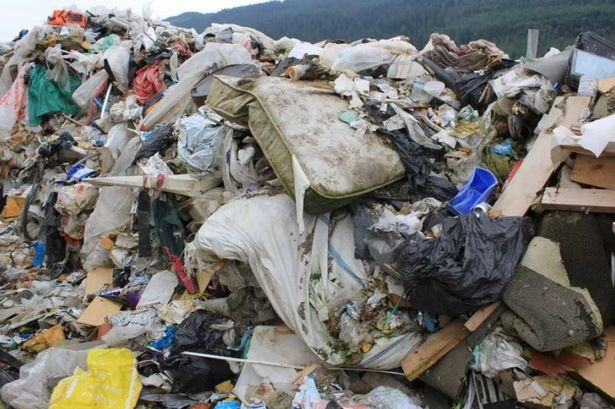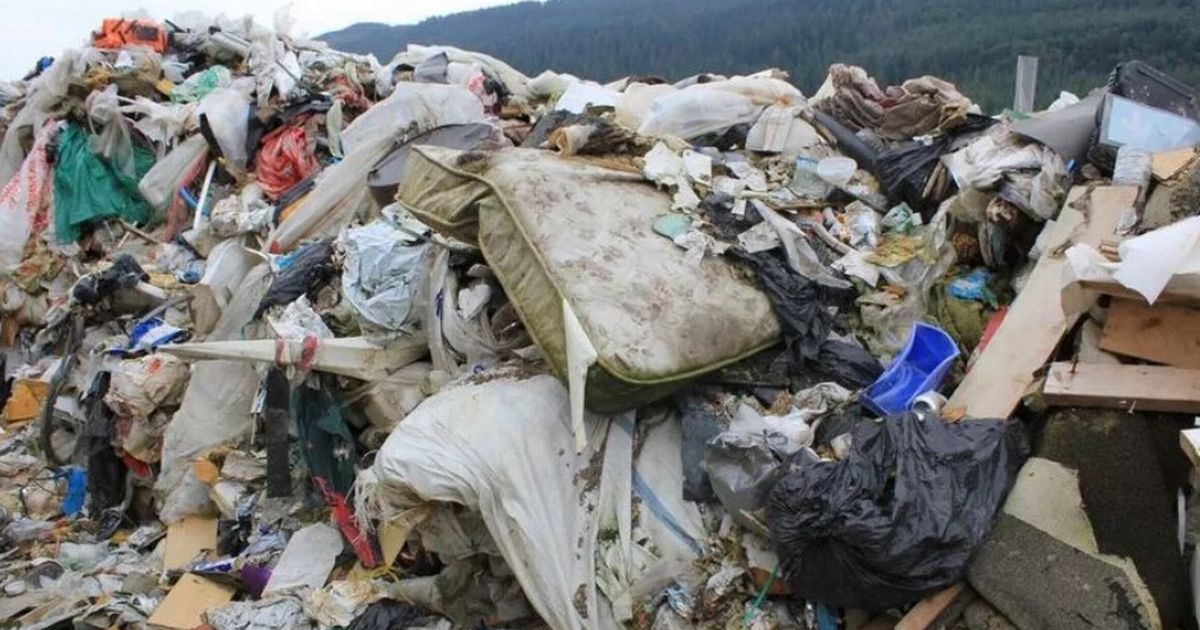Audit Office says inspection visits to high-risk sites have significantly reduced in recent years Stock image of dump(Image: Natural Resources Wales )
Stock image of dump(Image: Natural Resources Wales )
Potential profits from illegal dumping in Northern Ireland far outweigh any sanctions, an Audit Office report has found.
Comptroller and Auditor General Dorinnia Carville said financial penalties through fines and confiscation orders are a “fraction” of the costs of dealing with waste legally.
Her report has concluded that current measures for regulating and inspecting the waste sector are not achieving value for money and put at risk delivery of the Northern Ireland Environment Agency’s (NIEA) obligations to protect the environment. Ms Carville said the current operation of the inspection regime “does not adequately identify or discourage criminality”.
The report said that as well as causing damage to the environment, waste crime is estimated to cost around £34 million annually in Northern Ireland, excluding the costs stemming from rectifying environmental and social harm, evaded taxes and lost legitimate business. The report said that total potential profits from illegal dumping far outweigh the sanctions.
Court fines imposed in relation to waste crime since 2019 amount to approximately £1 million but the report said it is estimated that the total costs of legally disposing of the waste involved in these proceedings would have been £17 million.
In addition, the report concludes that the NIEA’s current inspection arrangements are “insufficient to effectively detect and prevent waste crime”.
The report said the number of planned inspection visits to high-risk sites has significantly reduced in recent years. In 2017-18 there were 12 planned visits per high-risk site per year, but this has now fallen to six or eight depending on the type of site.
It said that no inspections matching waste materials arriving and leaving sites, or verifying waste on-site, have been conducted in the last two years.
The report also said waste carriers are not subject to any routine inspection regime, and stop and search operations targeting carriers are “relatively uncommon”, with only one such operation being conducted in 2024.
The report said poor data collection and management information undermines the NIEA’s ability to regulate the waste management industry as effectively as it could. It said it also struggles to recruit and retain specialist skills in a number of areas.
Ms Carville said: “The existing approach to regulating waste requires significant improvement. The current operation of the inspection regime does not adequately identify or discourage criminality.
“Legal enforcement activities, even when successful, rarely result in polluters remediating the damage caused. Furthermore, financial penalties through fines and confiscation orders are a fraction of the costs of dealing with the waste legally.
“As a result, damage is being caused to the environment and the cost for remediation often falls to taxpayers. A review of existing arrangements and inspection regimes is recommended to help ensure future expenditure on regulating waste delivers better value for money and more effective environmental protections for Northern Ireland.”
 Join our Belfast Live breaking news service on WhatsApp
Join our Belfast Live breaking news service on WhatsApp
Click this link or scan the QR code to receive breaking news and top stories from Belfast Live. We also treat our community members to special offers, promotions, and adverts from us and our partners. If you don’t like our community, you can check out any time you like. If you’re curious, you can read our Privacy Notice.
For all the latest news, visit the Belfast Live homepage here and sign up to our politics newsletter here.
